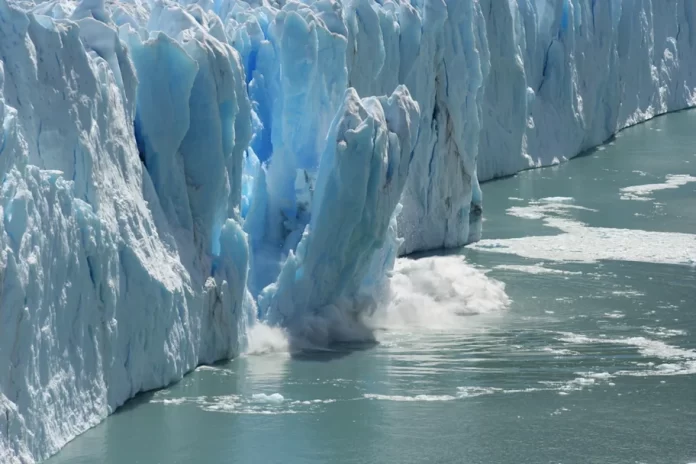Oceans cover over 70% of our planet, playing a huge role in maintaining life on Earth. They absorb carbon dioxide, produce oxygen, and provide food and jobs for millions of people. But climate change is causing serious problems for marine life and coastal communities. Rising sea levels, coral bleaching, and ocean acidification are just some of the dangers that threaten the balance of our oceans.
The Biggest Threats to Our Oceans
1. Ocean Acidification:
The ocean absorbs a lot of the carbon dioxide (CO2) released from burning fossil fuels. This makes seawater more acidic, which is harsh for marine life. Corals, oysters, and other shellfish struggle to survive in acidic water. This disrupts entire food chains, affecting both marine creatures and the people who rely on seafood for food and income.
2. Rising Sea Levels:
As glaciers and ice caps melt due to global warming, sea levels are rising. This is a major problem for coastal cities, including Karachi and Gwadar in Pakistan. Flooding, erosion, and saltwater mixing with freshwater supplies make life harder for people living near the sea. Many communities risk losing their homes and livelihoods.
3. Coral Bleaching:
Coral reefs are home to many marine species, but they are in danger because of rising ocean temperatures. When the water gets highly warm, corals lose the algae that give them color and nutrients, turning them white. This is called coral bleaching. If temperatures do not stabilize with time, coral reefs could disappear, affecting biodiversity and industries like fishing and tourism.
4. Marine Life in Danger:
Many marine animals are struggling to survive because of climate change. Warmer waters force fish to migrate, affecting ecosystems and fishing industries. Pollution and habitat destruction also make it harder for marine species to thrive. If we don’t take action, we could lose important marine species forever.
Why This Matters for Pakistan
Pakistan has a long coastline along the Arabian Sea, and millions of people depend on fishing for their income. But climate change is causing fish populations to decline. At the same time, extreme weather events like cyclones and unpredictable monsoons are becoming more common, harming both people and marine life. If we don’t protect our oceans, the effects will only get worse.
What Can We Do?
Fighting climate change requires teamwork. Governments need to make policies that reduce carbon emissions, and individuals can help by cutting down on plastic use, supporting sustainable fishing, and spreading awareness. Investing in renewable energy and protecting marine areas are also key steps. Even small actions, like reducing waste and using eco-friendly products, can make a difference.
Our oceans are a vital part of life on Earth. If we want a healthy planet for future generations, we must take action now to protect them.







